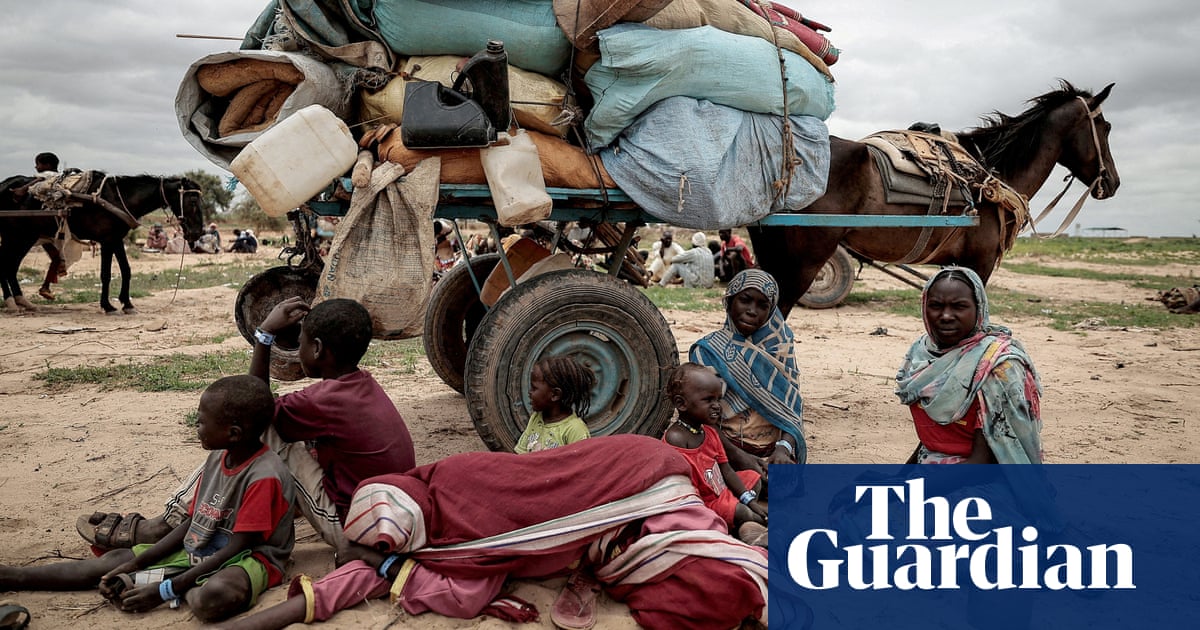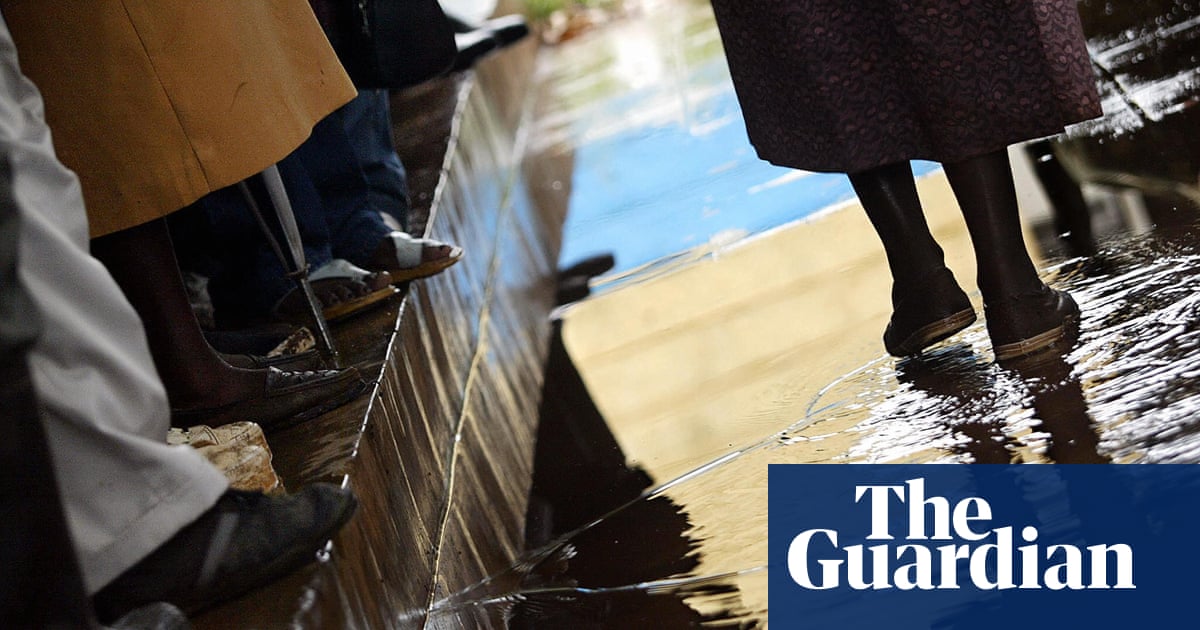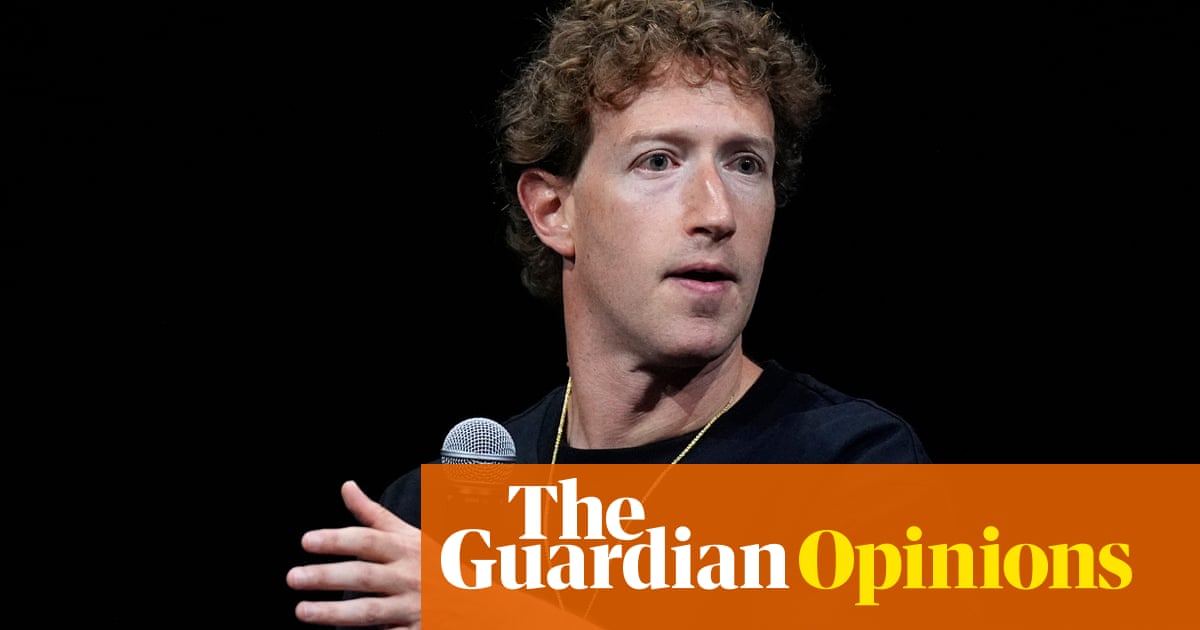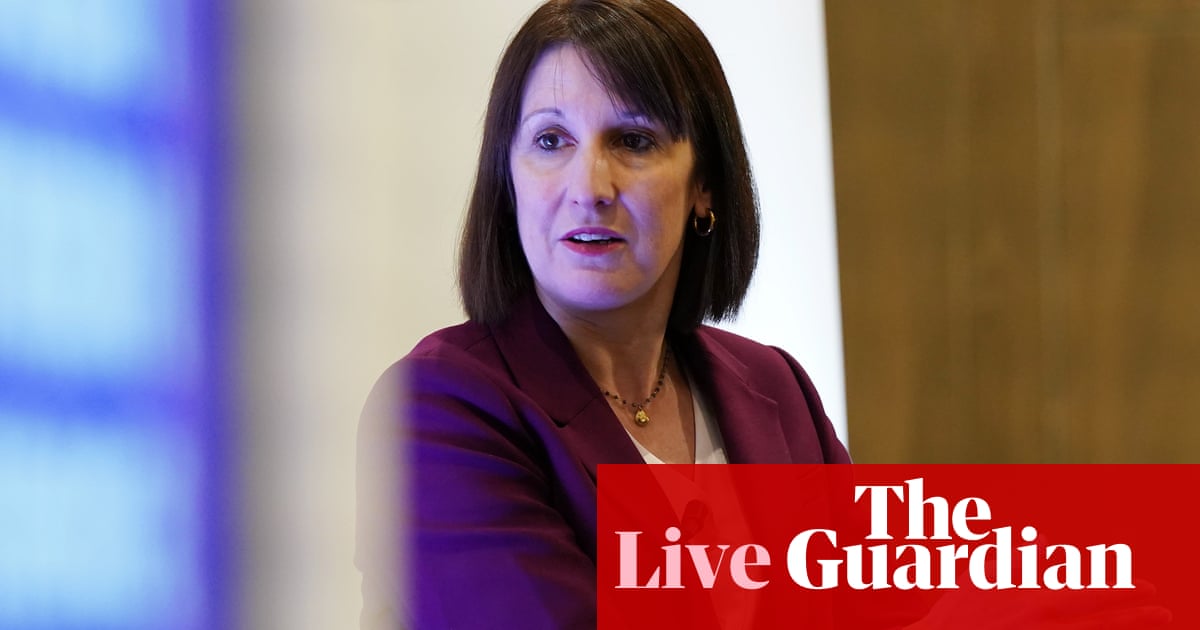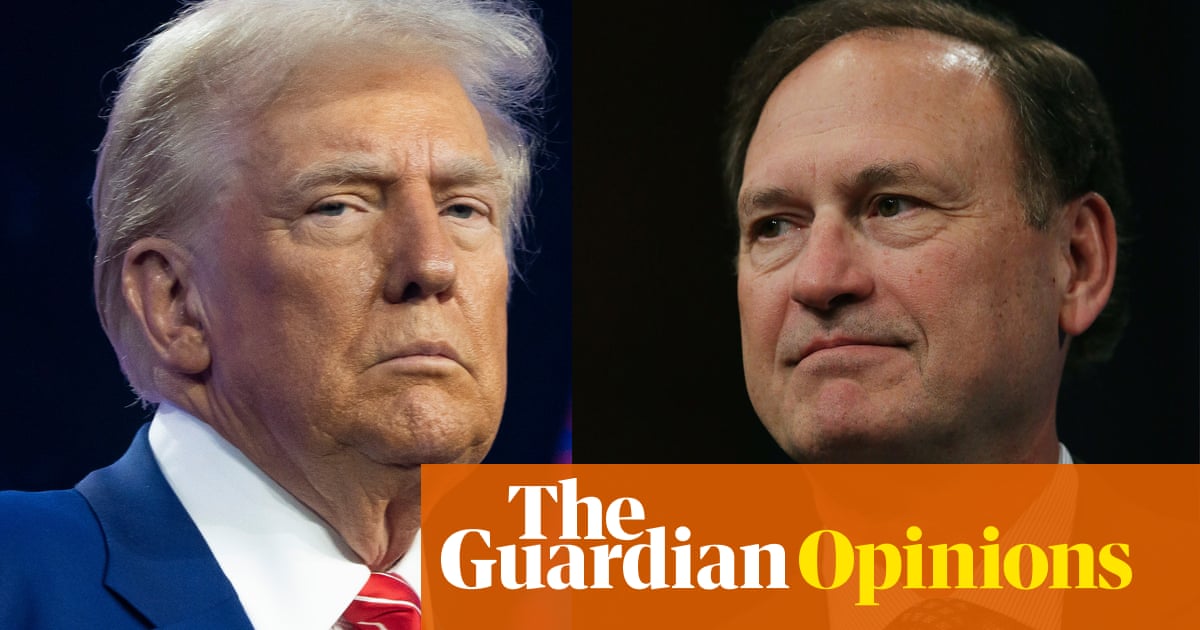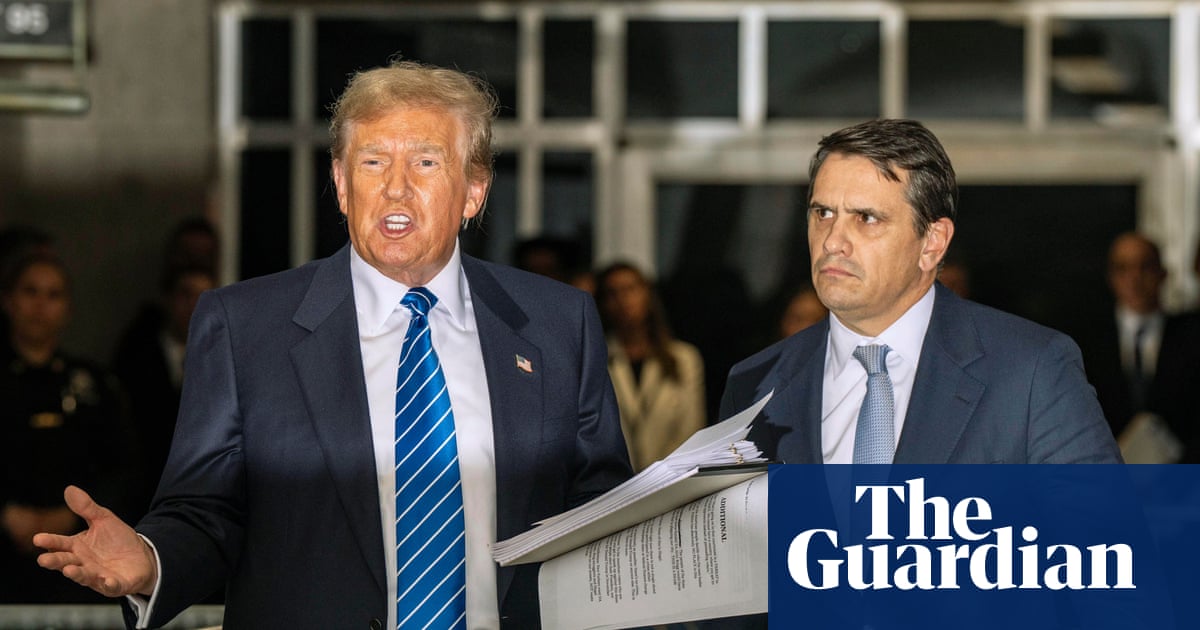For Will Oliver, an arable farmer in Leicestershire, Labour’s first budget in 14 years was a shock: despite the signals beforehand that inheritance tax was going to be a key source of tax revenue, his reaction was still one of disbelief.
“I didn’t think they were going to do it,” he said. “This is big. It’s massive.”
Agricultural property has been passed on to heirs tax-free for decades, but the chancellor, Rachel Reeves, announced on Wednesday that from April 2026 farms and other business property will fall within inheritance tax. Inheritors will have to pay 20% of the value of the agricultural and business property above £1m, raising £1.8bn by 2030 that can be used to improve public services.
The announcement caused uproar among much of the farming sector, and opposition parties rounded on the government. Yet many tax experts and campaigners argue that for all the political backlash, the vast majority of family farms will still not pay a levy that is aimed at some of the wealthiest people in Britain.
The National Farmers’ Union complained that Labour had broken a promise not to tamper with agricultural property relief (APR). Victoria Vyvyan, president of the Country Land and Business Association, said it was a “betrayal”.
“If this is a government of growth and investment, they have failed the rural economy,” she said, arguing that it would reduce investment in higher-productivity technologies on British farms. Jeremy Clarkson, the former Top Gear presenter turned celebrity farmer, also waded in.
“Farmers,” Clarkson said on the X social network, “I know that you have been shafted today. But please don’t despair. Just look after yourselves for five short years and this shower will be gone.”
Yet Clarkson himself – or rather the prospective beneficiaries of his estate – may be among those “shafted”. Clarkson has previously said that he bought his 126-hectare (312-acre), £4.25m farm, Diddly Squat, in order to avoid inheritance tax on his estate. In a 2021 interview with The Times Clarkson said that avoiding inheritance tax was “the critical thing” in his decision to buy the farm.
Assuming that – whatever the difficulties shown on the hit Clarkson’s Farm TV series – the valuation of the farm has not fallen below the new £1m threshold, it is likely that Clarkson’s estate would now be liable for a significantly greater inheritance tax bill. Clarkson did not respond to a request for comment.
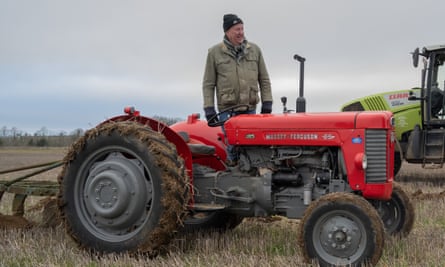
Oliver, who is 35 with two children, spent the night after the budget in a maize field in a combine harvester. He argued that the tax would add an extra cost for farmers. If working farms had to find that money, “food prices are going to have to go up, surely”, he said.
“I’m a fourth-generation on the family farm, don’t own the farm,” he said. The farm is owned by his father. “If anything happened, God forbid, it could have a huge impact,” he said.
“Farmers are struggling anyway, and this is going to be another cost for the business,” he said, suggesting that some farming families would have to sell off fields to pay the inheritance tax bills. “It doesn’t take long before there’s not much farm left.”
George Dunn, the chief executive of the Tenant Farmers’ Association, argued that some of his members could also be affected indirectly if large estates sold up to pay inheritance tax bills.
“We are fearful that we will see a bit of a kneejerk reaction from estates,” he said. “Tenants might find themselves unseated from their farms.”
Yet tax experts question whether the archetypal “family farm” will truly be affected. Pre-budget analysis by the Centre for the Analysis of Taxation (CenTax) suggested that only 200 estates out of 1,300 a year between 2018 and 2020 claimed more than £1m in relief each year. Those 200 estates – by definition among the wealthiest in Britain – reaped 64% of all the agricultural relief.
The updated relief can in fact be even more generous for true family farms than the £1m headline. A married couple owning a farm together can split it in two, meaning it qualifies for £2m of agricultural property relief, plus another £500,000 for each partner if a property is involved. That means a farm worth £3m might pay zero inheritance tax, said Arun Advani, associate professor of economics at the University of Warwick and a director of CenTax.
Even farms worth £5m might in practice only pay inheritance tax of less than 1% a year, because they will be allowed to spread the cost over 10 years.
Advani said only 44% of the individuals who gained agricultural relief had received any trading income from agriculture at any point in the five years prior to death. It is “not the classic working farmers” who will bear the brunt of the changes, he argued. The change could help cool the rural property market because fewer people will buy a field as inheritance tax dodges, he added – although he did not expect the effect to be substantial.
after newsletter promotion
Instead, it may be the estates of some of the wealthiest people in Britain that are liable for inheritance tax. Those might include vacuum cleaner billionaire James Dyson, who owns 14,600 hectares of British farmland, and Danish fashion investor Anders Holch Povlsen, who reportedly owns more than 89,000 hectares of Scotland. Those estates may now be liable for hundreds of millions of pounds of inheritance tax, where previously they would have paid none. Neither Dyson nor Polvsen responded to requests for comment.
Robert Palmer, executive director of Tax Justice UK, has long campaigned for changes to agricultural relief.
“I can understand why some farmers are nervous,” Palmer said, “but the truth is that the vast majority of APR goes to the wealthiest families, many of which don’t have much to do with farming.
“It’s important to understand the wider context. The country is in a mess and public services need a lot more money.”
Nevertheless, opposition parties rounded on the government, spotting an early opportunity to land a blow on Labour – not normally noted for its strong support in rural constituencies – after it won more than 100 rural MPs at the general election. Greg Smith, the Conservative MP for Mid-Buckinghamshire, told parliament that the budget was a “a full-frontal financial attack on our farmers”.
Ed Davey, the Liberal Democrat leader, confirmed that his party would oppose the changes, telling reporters that it could affect about half of all farms.
“I think it shows a huge lack of understanding of rural communities and farmers, on a number of levels,” he said. “Farms tend to go down from generation to generation. That’s how they kind of work, and it’s really important for rural communities that they do.”
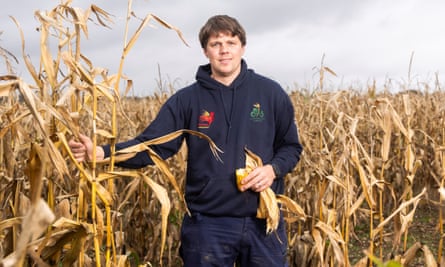
But there has been little sign of nerves from rural Labour MPs so far. One who represents a predominantly rural constituency said they were unworried at the changes, arguing there had been “a lot of inaccurate scaremongering” and that the £1m threshold would protect smaller family farms.
“There was concern the agricultural relief would go entirely but, this is a demonstration of the voices of smaller farms being heard clearly by the Treasury as we now have so many Labour MPs representing farming and rural communities,” they said.
Whatever the size of the business, one thing is certain: tax advisers will have plenty of demand. Dunn said he had already seen companies advertising their inheritance tax planning services to farmers.
“Businesses will have to really plan ahead and have succession plans in place,” said Oliver, the farmer. “It’s always the elephant in the room in farming.”

.png) 2 months ago
17
2 months ago
17
